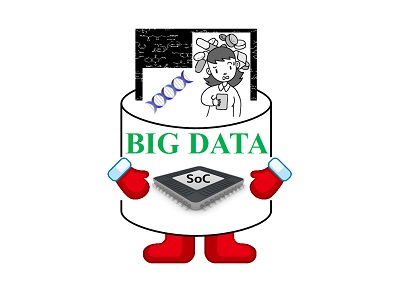Big data analysis can reliably predict what sort of drug side effects a person will experience, as well as the probability of occurrence, according to research by Noriko Etani, a researcher at the Kyoto University Graduate School of Medicine.
Using multiple types of open-access data in the life sciences and chemistry, Etani has developed a side effect prediction model with nearly 100% accuracy. This could ultimately give patients personalized consultation regarding which drugs will cause the least harm.
In addition to side effect prediction, the model also makes it possible to identify new uses for old drugs.
For the model, Etani combined five types of publicly-available data: how well proteins and their target drugs fit together, which parts of the body each drug works on, which mutations cause a disease, which side effects arise from which drug and protein mismatches, and the incidence of each side effect.
Integrating such vast datasets can be extremely time consuming, with a typical prediction model requiring over a month to compute. Etani therefore suggests the use of "system-on-chip" systems -- integrated circuits in which the computer is embedded onto a single chip -- for studies that need enormous amounts of data to be computed.
"Many researchers, regardless of discipline, have probably had to forego some research ideas because of the vast scale of computation required. A system-on-chip could considerably shorten this span and allow researchers to conduct investigations they are pursuing with drastically improved efficiency," Etani commented.

Big data analysis can reliably predict drug side effects.
Paper Information
[DOI] http://dx.doi.org/10.1186/s40537-015-0024-1
Noriko Etani
'Database application model and its service for drug discovery in Model-driven architecture'
Journal of Big Data , 7 August 2015.





